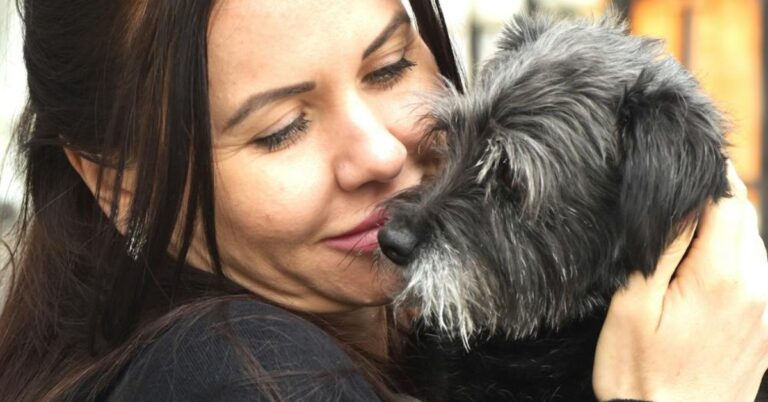15 Reasons Your Dog’s Energy Levels Might Be Declining
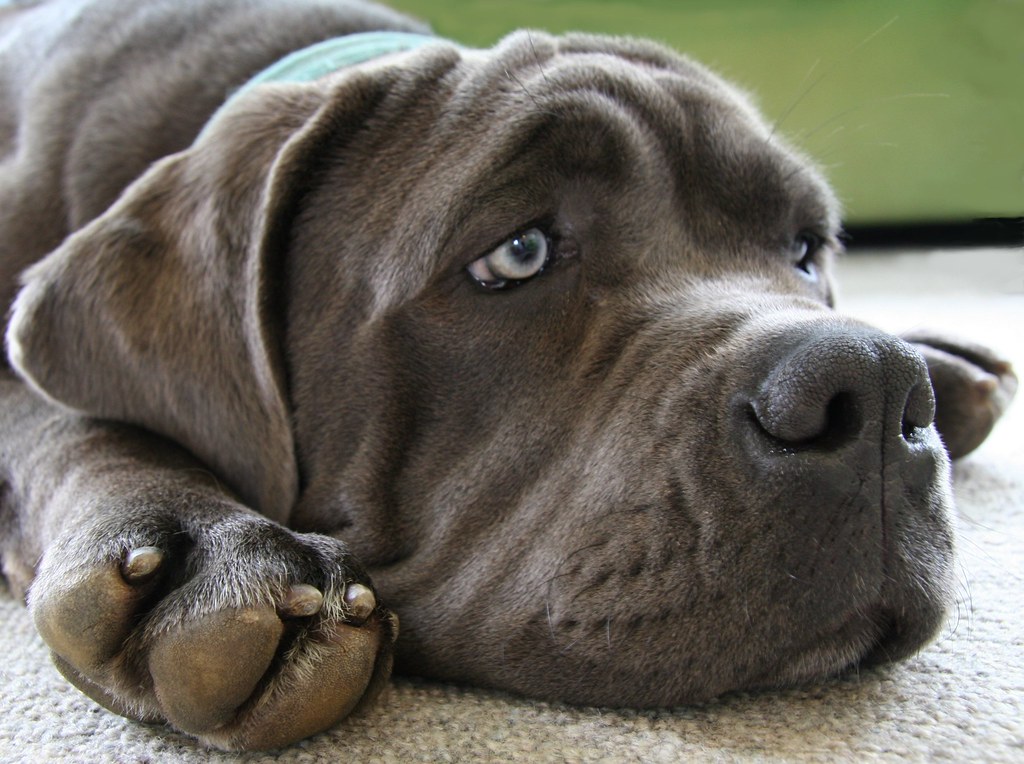
From a wagging tail to those soulful eyes, your healthy dog can express feelings without saying a word. But did you realize that your pup also communicates when they’re acting sluggish? It turns out that being lethargic, listless, or low on energy is your dog’s way of saying they might need a visit to the vet—not just a cozy nap. Here are 15 reasons your dog’s energy levels might be dropping.
Age Matters

As dogs get older, just like us, they naturally slow down. A senior dog may enjoy more quiet time and require more naps. Interestingly, some breeds are considered “senior” by the age of 7, while others can remain energetic well into their teens. Activities like gentle walks and puzzle toys can keep their minds sharp, proving that older dogs can still enjoy a playful life!
Health Issues

Illness can drain a dog’s energy, and sometimes, you may not notice it. For example, conditions like diabetes or kidney disease can lead to lethargy. A surprising fact is that dogs often hide their discomfort very well. Regular visits to the vet can catch health issues before they become serious. Keeping an eye on any changes in behavior or appetite can be a game changer for your pup.
Weight Gain
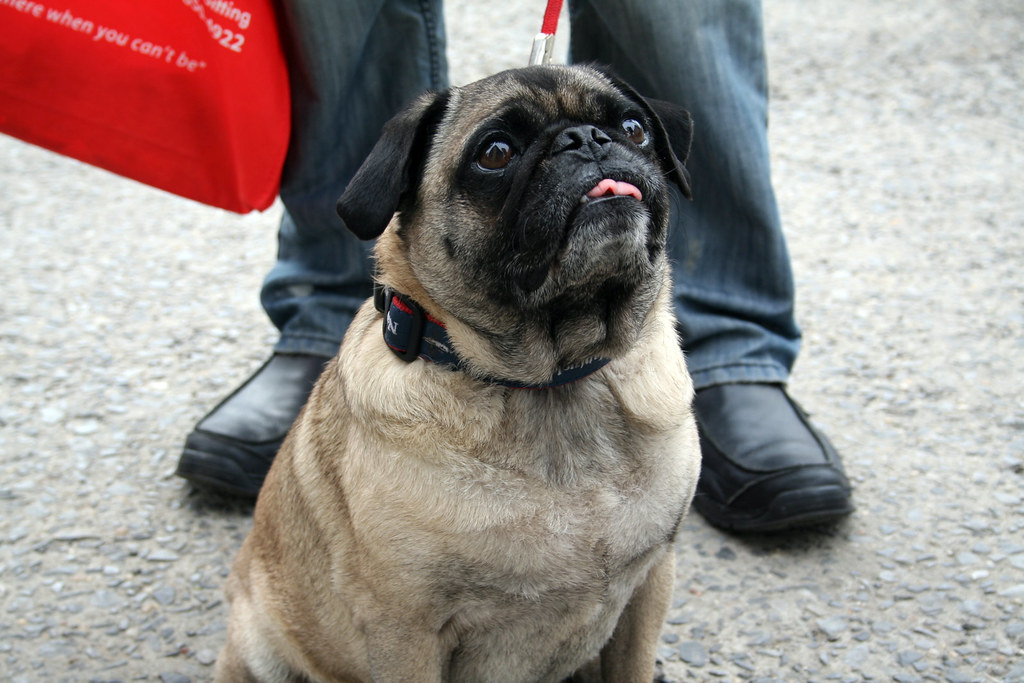
Extra pounds can make it challenging for your dog to play and move around comfortably. Obesity is becoming a big issue for pets, with more than half of dogs in the U.S. being considered overweight. Even dropping 10-15% of their weight can boost your dog’s energy levels. Get your pup involved in fun activities like agility training or swimming—both are great ways to help them shed some weight.
Lack of Exercise

Dogs need regular exercise to burn off all that energy and stay fit. A bored dog may develop destructive behaviors, like chewing or digging. Do you know that mental exercise is just as important as physical? Try teaching your pup new tricks or using food-dispensing toys to keep them engaged. Even short bursts of play can motivate their spirits!
Boredom

All kinds of dogs thrive on mental and physical stimulation. If they’re not getting enough of each, they might just lay around and stare out the window. Engaging your pup with different toys or training can break the monotony. Rotating your dog’s toys every few days can make old toys feel new and exciting.
Weather Changes

A lot of dogs would rather snuggle up inside when it’s too hot or too cold outside. So when the weather is nice, make sure to take advantage of it! Did you know that dogs can experience “cabin fever” just like us? If it’s super hot outside, consider setting up indoor playtime or creating a cool, dog-friendly spot in your yard.
Diet Changes
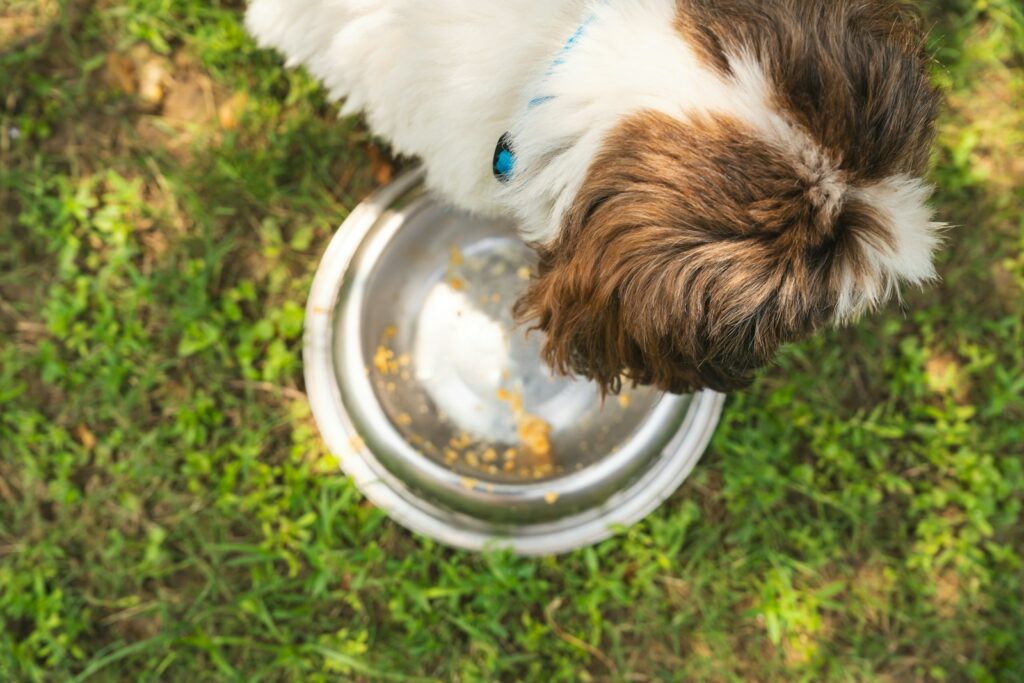
What your dog eats really matters a lot! A crummy diet can make them feel sluggish and tired. Switching to higher-quality dog food can boost their energy. Some pups even do better with home-cooked meals, but it’s a good idea to chat with your vet first to make sure they’re getting all the nutrients they need.
Dehydration
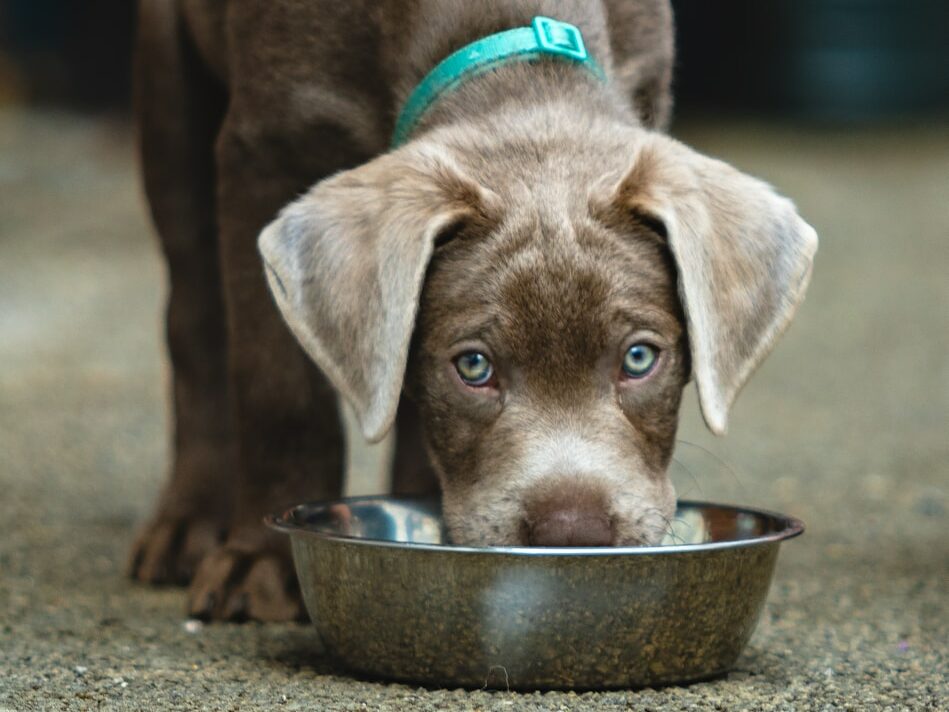
Dogs need water to stay energized. If they’re not drinking enough—they may feel tired and or even lethargic. Always provide fresh water to your furry friend, especially during warmer months. Do you know dogs can be picky drinkers? Adding a splash of chicken broth or ice cubes can make water more tempting and will encourage them to drink.
Medication Side Effects
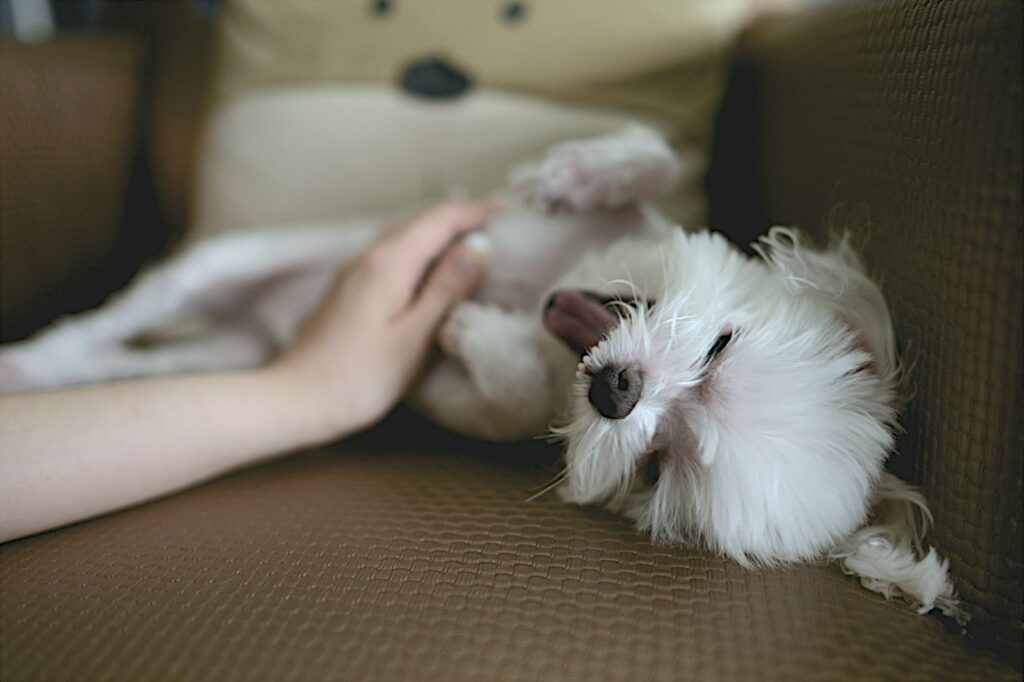
Some medications can cause drowsiness or lethargy. If your dog seems more tired after starting a new treatment, talk to your vet about alternatives. You probably don’t know that certain natural supplements, like fish oil or probiotics, can help improve energy levels. Always check with your vet before adding any kind of supplements to ensure they’re safe!
Pain or Discomfort
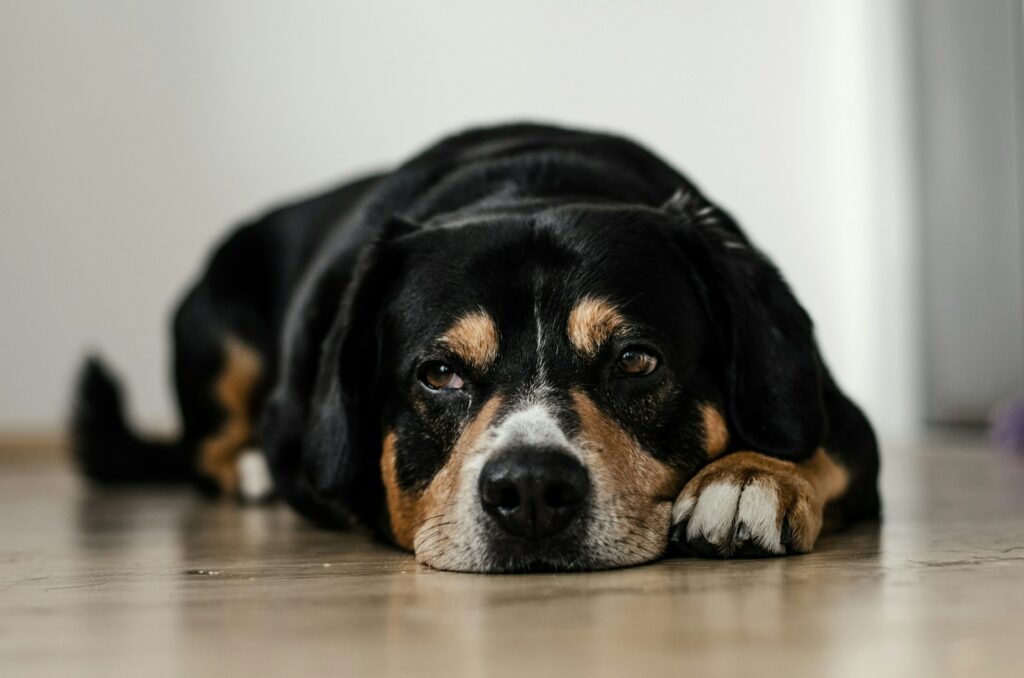
Dogs are really good at hiding pain because of their instincts. Issues like arthritis can make it very tough for them to move around, which can lead to less activity overall. Keep an eye out for signs like limping or having trouble jumping. A gentle massage can help ease your pup’s discomfort and make them feel more relaxed.
Stress or Anxiety

Stressful situations can drain dogs and all they want to do in these situations is hide away from you. Changes at home, like a new baby, moving to a new city, or even loud noises, can spike their anxiety levels. Consider setting up a safe space for your pup, complete with cozy blankets and their favorite toys. This can make them feel more comfortable.
Infections

Infections can really drain a dog’s energy, and they often show up with other signs, like a fever or loss of appetite. Regular vet check-ups can catch these problems before they get serious. Did you know that pups can get urinary tract infections just like humans do? If your pup is suddenly drinking more water or having accidents, it’s super important to take them to the vet to rule out any underlying issues!
Not Enough of Socialization
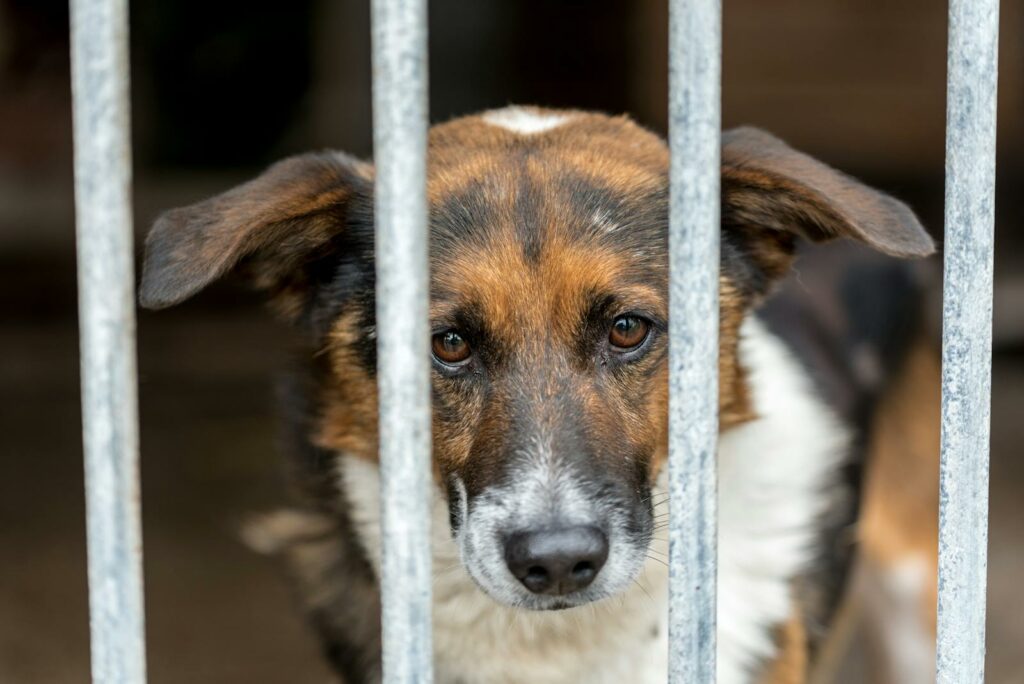
Dogs are social critters that really thrive on interaction. If they’re not hanging out with other dogs or people, they may lose their spark. Set up some playdates or take them to parks to help them meet new pals. Socializing is super important for a dog’s mental health. Pups that get to interact with others often turn out to be more confident and less anxious.
Heart Problems

Heart problems can make dogs feel tired and weak. If your pup seems to wear out quickly on walks, don’t just brush it off. Catching these issues early is super important for keeping their heart healthy. Fun fact: regular, moderate exercise can really help boost your dog’s heart health! Even some easygoing walks can strengthen their heart and keep them feeling good.
Dental Problems

Pain from dental problems can zap your dog’s energy and make them less interested in playing. If you notice bad breath, trouble eating, or swollen gums, those could be signs of dental issues. Regular check-ups are super important for keeping their teeth and gums healthy. Plus, dental treats can help clean their teeth while they enjoy a tasty snack.

